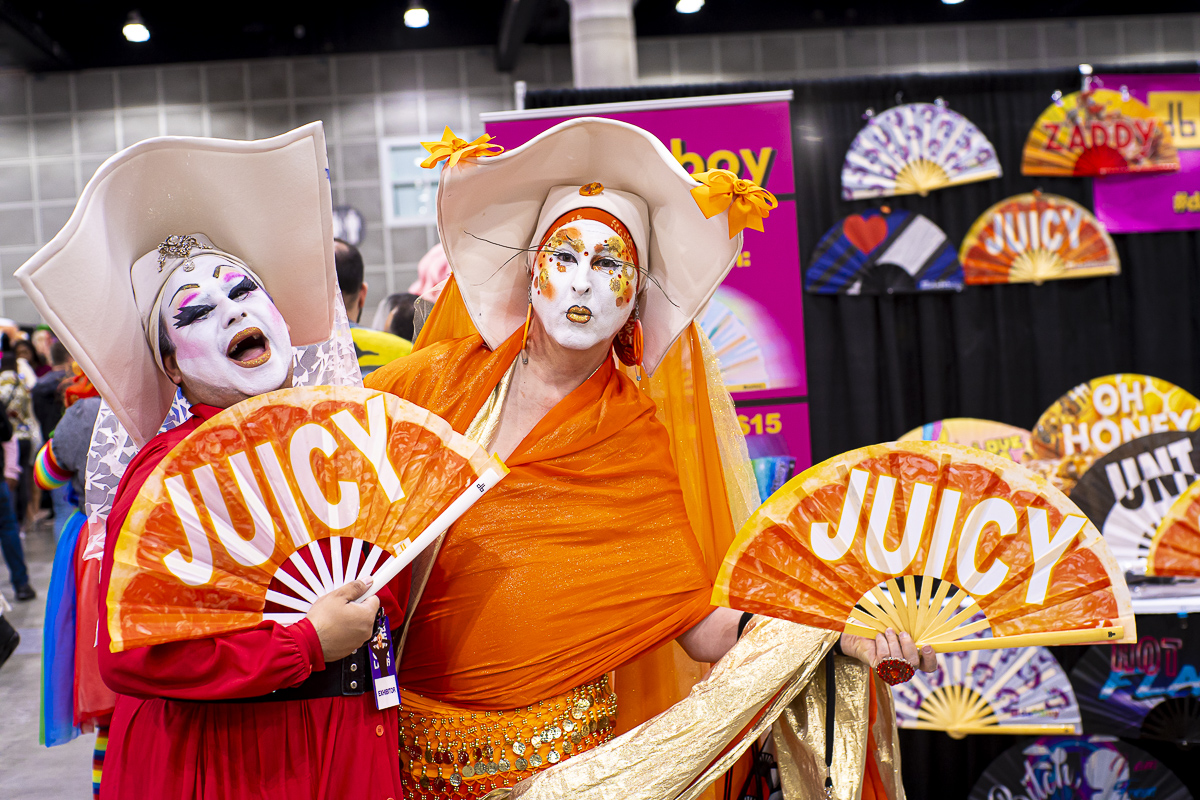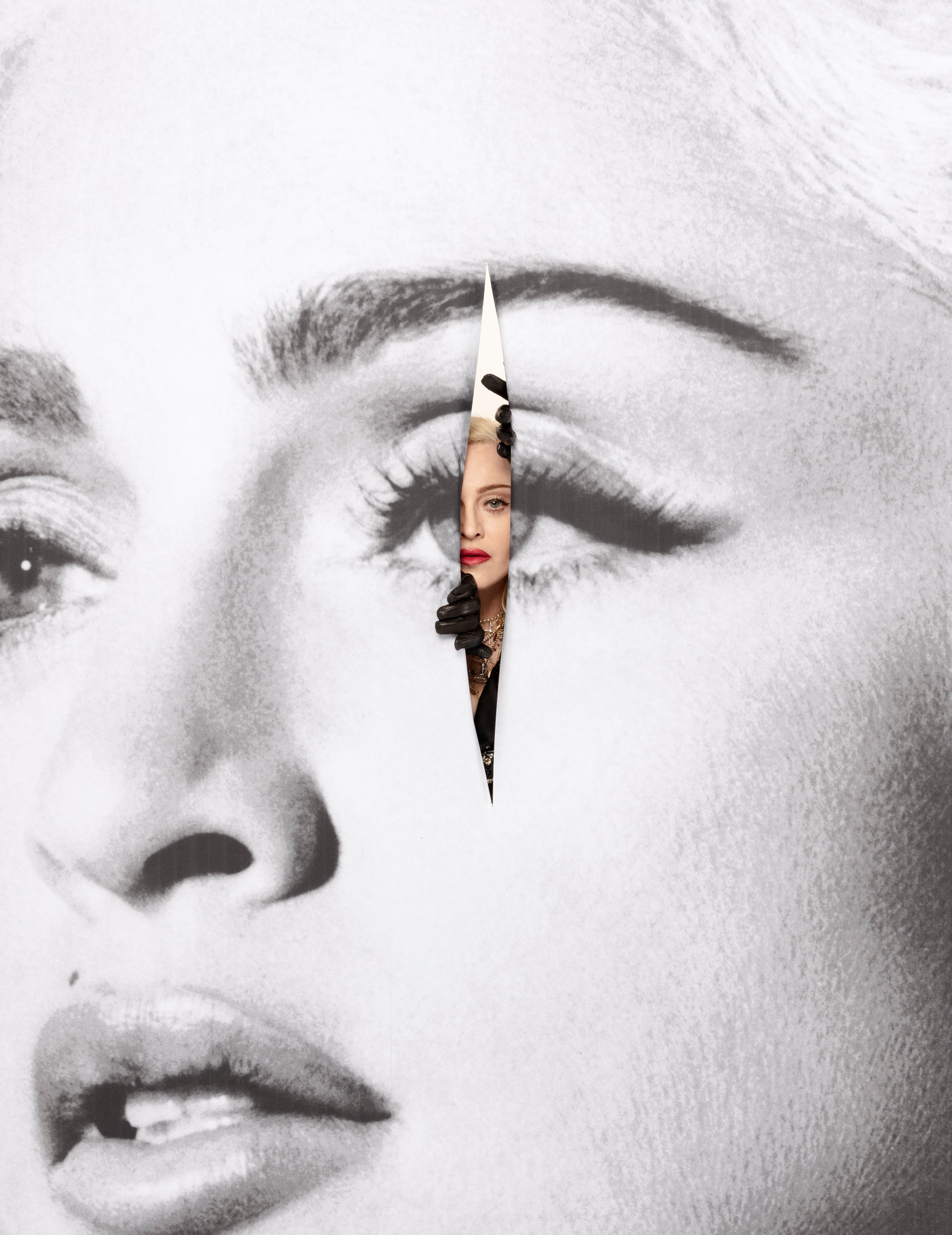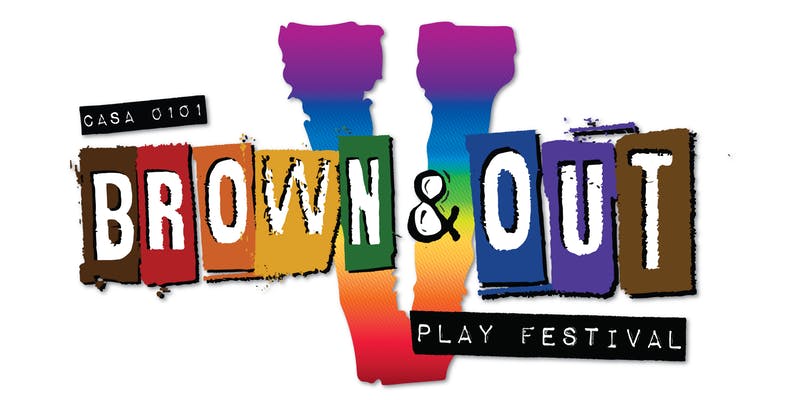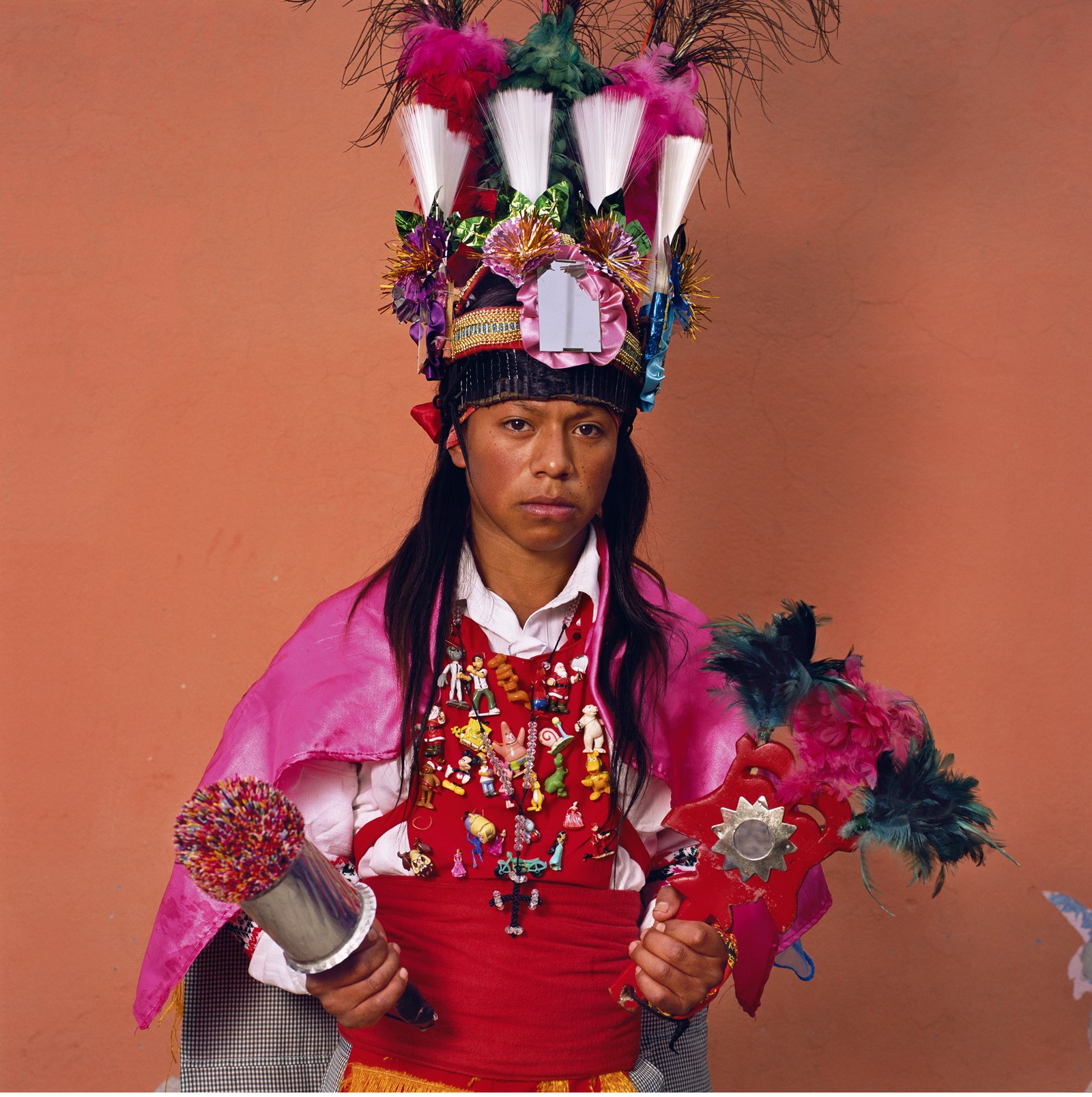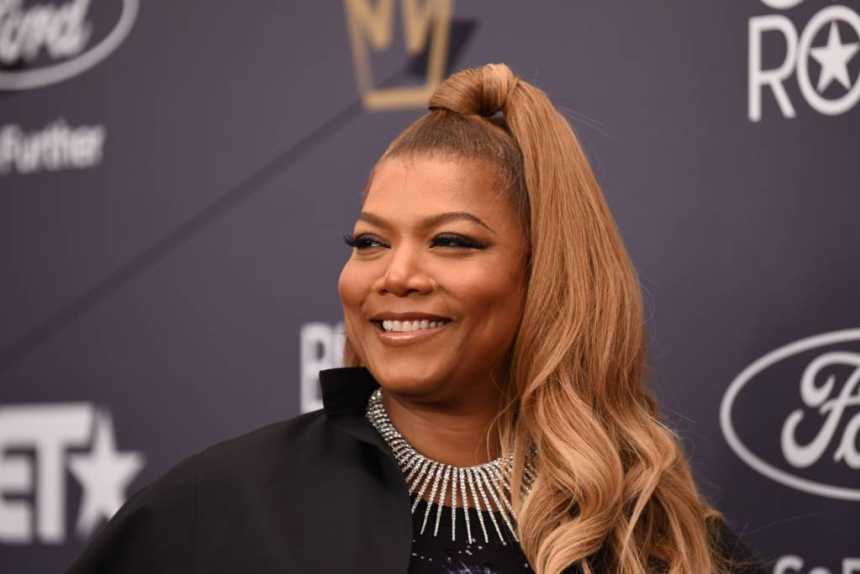
As 20GayTeen came to an end, the People bid the successful year of positive representation and support goodbye and carried the energy into the new year, 20BiTeen. The excitement of this momentum spills into the upcoming yearly LGBTQ+ festivities this June, Pride month.
I’ve always wanted to go to Pride. I liked the idea of being in a space with people like me who fall within the spectrum. In 2016, I attempted to go to my first LGBTQ+ Pride event in San Francisco with friends from high school. My senior year was coming to an end and it seemed like a great way to commemorate the rough time since my coming out in 2014.
Unfortunately, the plan did not pan out because I was still a minor and my parents caught me trying to go so I gave up and didn’t really try again until 2018. 2018 was almost successful, until the Manchester shooting happened and safety became an issue. In 2019, I stopped trying to go because of the craziness that’s been happening, such as recent shootings and a recent shooter threat to my school.
Another reason was my realization of a certain reality of Pride that was a little unsettling. Pride seems commodified with the need for ticket sales, special parties, or even specialized passes. It seems like it’s being catered to be more of an exclusive party for select participants who can afford to go as opposed to the meaning that held true in the past.
On the very first anniversary of Stonewall in 1970, there was an event called Christopher Street Liberation Day which hosted the first Gay Pride march in U.S. history. Since this time, pride celebrations are typically held in June in big cities and small towns nationwide (the celebrations vary across countries, regions and cities). These events attract a spectrum of members of the Community and straight allies.
https://www.instagram.com/p/Bx0OiloA0IP/
It can be hard to believe people weren’t always this receptive when it came to supporting the LGBT – also referenced as the LGBTQ+ – community or in short “Community.” This took time, from the way people saw the Community to their attitude towards members.
Historically, in a heteronormative society, or society where being straight is what is considered normal, people saw these individuals as “deviant.” These “behaviors” were even documented in a thick medical book of disorders (Diagnostic and Statistical Manual of Mental Disorders) for some time. Certain laws were put in place to curb this behavior and were meant to police members of the Community through fear and intimidation. Powerful gestures were made to combat this treatment, and many of those movements have made history.
In the midst of the civil rights movements of the ‘60s, the police raided bars where LGBTQ+ patrons frequented. Finally, on June 28, 1969, the patrons at the Stonewall Inn decided to fight back against this injustice. This rebellion made headlines. As word spread about this night, it served as a catalyst for a surge of LGBTQ+ activism for visibility and the right for equality.
Pride festivities play a role in raising the Community’s profile as well as commemorating the history of LGBT+ activism. It is also known as a place where communities come together and recognize advances and setbacks in a festive and affirming environment, according to GLAAD, or Gay & Lesbian Alliance Against Defamation non-governmental organization.
Some find this to be true about Pride and praise it for its impact on the Community and surrounding communities.
“Pride events that I’ve been to bring together many different facets of the community and create a space for everyone to come together and be open and themselves.” said Justice Hunter, 21, student. Hunter has attended Pride events the past five years and feels the events are representative of the Community’s strength and legacy.
Others from smaller communities find their celebrations have allowed them to have a safe space and commemorate the history in other ways.
“Personally, I haven’t been to any Pride parades…but I have been to ‘Coming Out Day.’” Said R.J. Abesamis, 18, student.
“Not only does it celebrate the process of ‘coming out,’ but it also celebrates LGBTQ History Month, a history full of resistance and struggle of trying to obtain the rights that the community has today.”
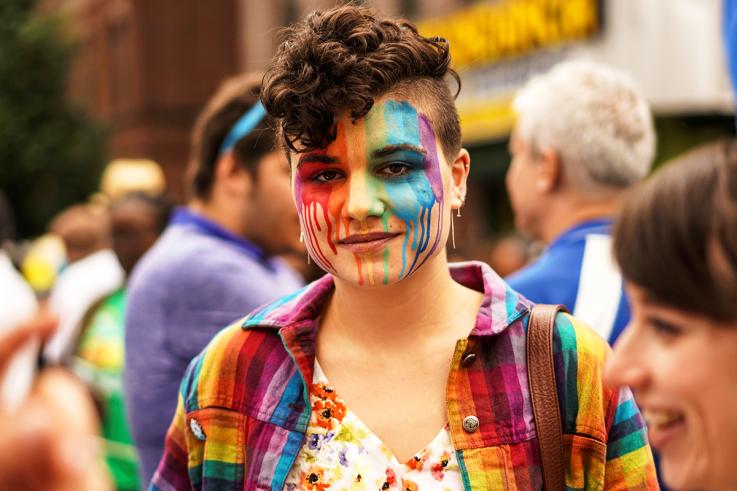
For student, Bella Lee, 18, she only recently attended a high school event hosted by their GSA club called “Married for a Day.” This event, promoted free expression of love.
“It [Married for a Day] was a good way to promote the GSA [Gay, Straight, Alliance Club] on campus because I know I needed some sort of safe space or community like that when I was struggling to come out.”
Lee may have been right, but something was still missing. Another aspect of Pride is simply the ability to attend.
Maddie Moseley, 18, student pointed out that being able to attend Pride is a privilege.
“Being able to attend Pride…proudly, is something that usually requires one to come out beforehand.” said Moseley.
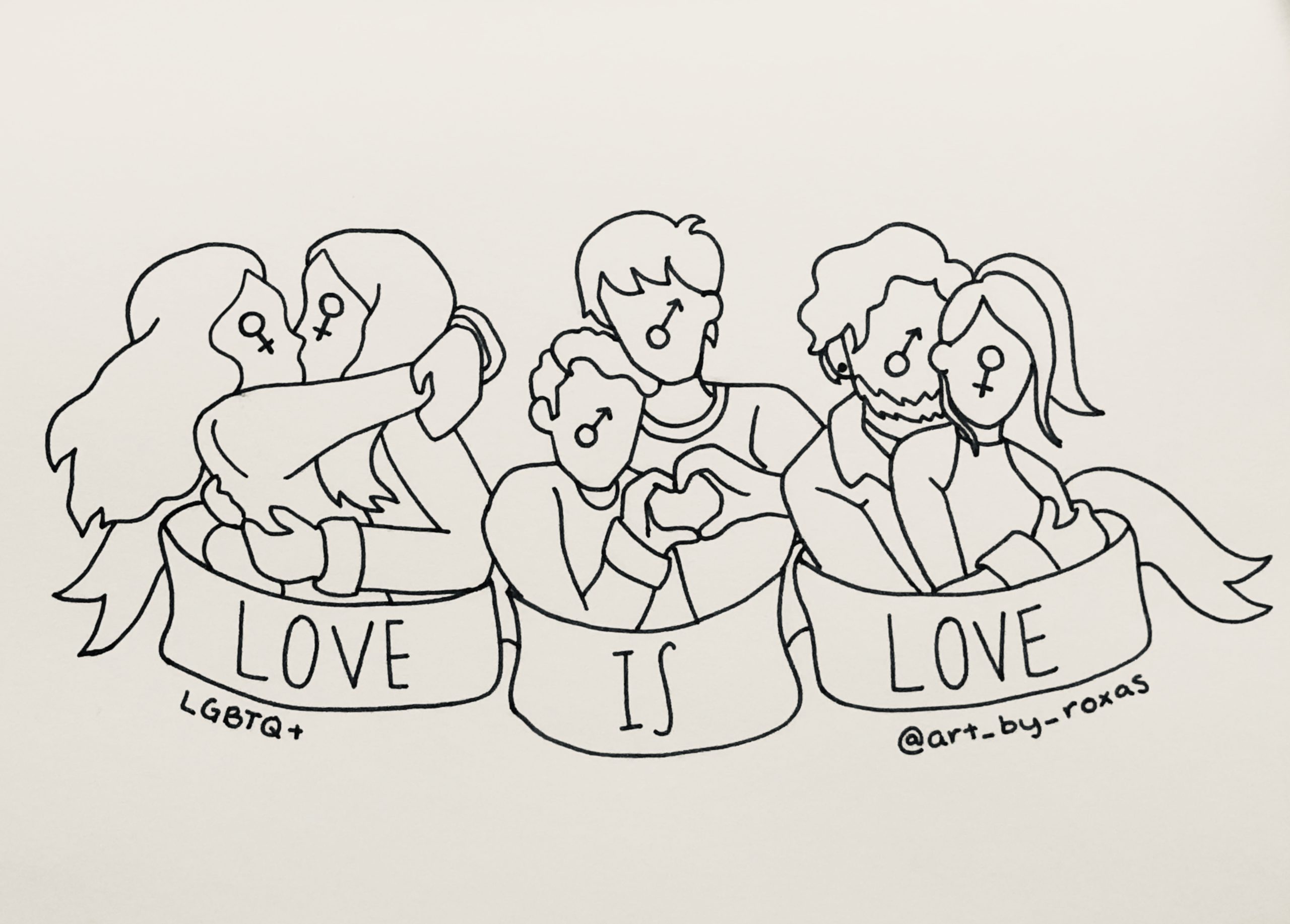
“I think that Pride is a wonderful celebration for those who struggled with their identities and the societal stigma that comes with them. Many of us, are still fighting that fight, and it’s important that we don’t forget that.”
After the research and interviews, it turns out that despite the commodification, despite the possible danger, and despite the craziness, nothing takes away from the original goal of Pride which is: Coming Together.
The reality of Pride goes beyond our categories and delves into our struggle as humans to unite and love one another in the same space. The world is becoming more accepting and we shouldn’t be afraid to be who we are and love who we are.
https://www.instagram.com/p/Bwm69q5Bzqg/
Here are some more inspiring quotes to remind you what it’s all about:
“It took me years to come out, both to myself and to my family. Please know that it’s okay to be uncertain. Everything can be done at your own pace.”
– Maddie M, Santa Cruz, CA.
“Surround yourself with people who will provide a safe space for you. You are not alone.”
– Bella L., Bay Area, CA.
“There’s no one solution, cure all, or easy way to go about the struggle with your identity. Everyone handles it differently, there is no time frame, no script, only you and how you feel.”
– Justice H, Berkeley, CA.
“Come out whenever it feels right. In the end, I can’t foreshadow how others would react, but I can guarantee that there are safe spaces and resources for folks to comfortably express their individuality.”
– R.J. A., Fullerton, CA.

